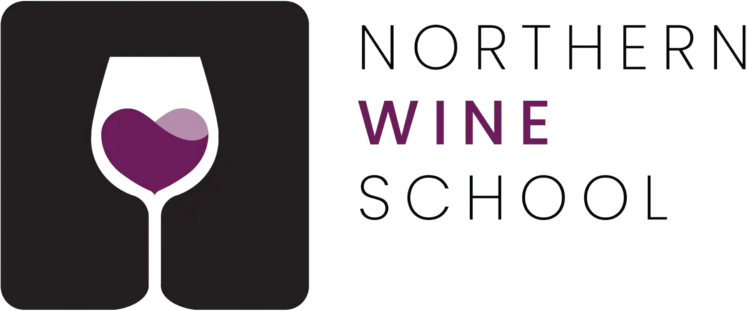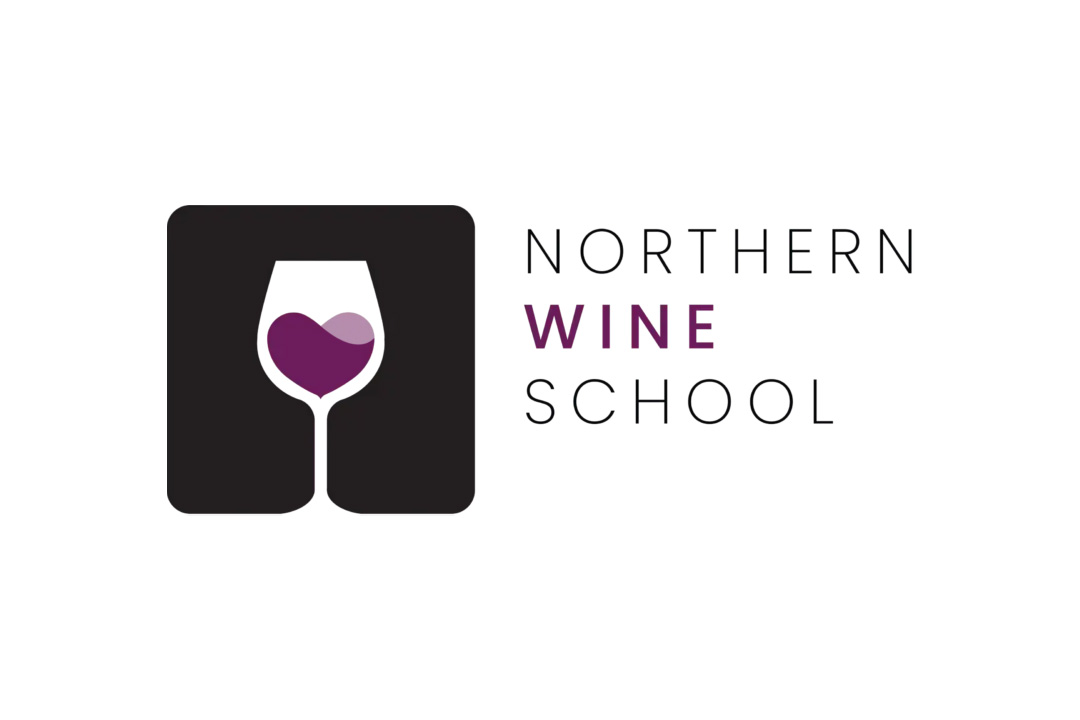No products in the cart.
Champagne Bureau Masterclass at Sheffield Hallam University
The Champagne Bureau
The CIVC (Comité Interprofessionnel du vin de Champagne) is a semi autonomous official body that looks after the interests of the thousands of Champagne vine growers and wine makers. It has several responsibilities, the most (in)famous perhaps being its fierce legal protection of Champagne’s status as a protected designation of origin product. However, much more of its work is dedicated to important factors such as innovation and world-wide education about the region’s wines.
The have several offices (Bureaux) around the world. The UK arm kindly invites Northern Wine School to run educational workshops on their behalf to Hospitality and Business students studying at various universities in the North of the country.
Many of these students will be involved in hotels, bars and restaurants in their future careers. These are individuals who will go on to encounter Champagne, no matter what role in the industry they take.
Read more about The Champagne Bureau
Champagne is a Unique Product
The idea is to give students an important overview of the region, its wines and production methods to show them first hand, what makes Champagne so unique. Most importantly of all, it reinforces that Champagne can only come from Champagne, in France.

John Teaching Champagne Bureau Masterclass at Sheffield Hallam University

Tasting Glasses Waiting to be Filled Courtesy of The Champagne Bureau

Champagne Selection-a Fine Choice!
Sheffield Hallam University
On Monday the 12th February, John was invited to the Business and Hospitality School at Sheffield Hallam University. Right in the heart of the city, a short walk from the main train station, they are based in the Owen Building on the 12th floor. the Masterclass was to be hosted in the impressive surroundings of a room that is used to create a mock up of a real working restaurant environment. It had EPOS tills, a full bar, barista style coffee machines and a full working catering scale kitchen attached at the back.
Attendees were able to sample the five main styles of wines as part of the presentation courtesy of The Champagne Bureau. The exact labels vary with each tasting, as they are donated by the producers. The point is to explore the region and its wines in general, rather than emphasis on specific houses’ styles. Everyone gets to taste ‘Non-Vintage’, rosé, Blanc de Blancs, Blanc de Noirs and vintage Champagnes. Attendees are guided through how they are different, the best service techniques, glassware and suggested food pairings for each.


Leave a Reply